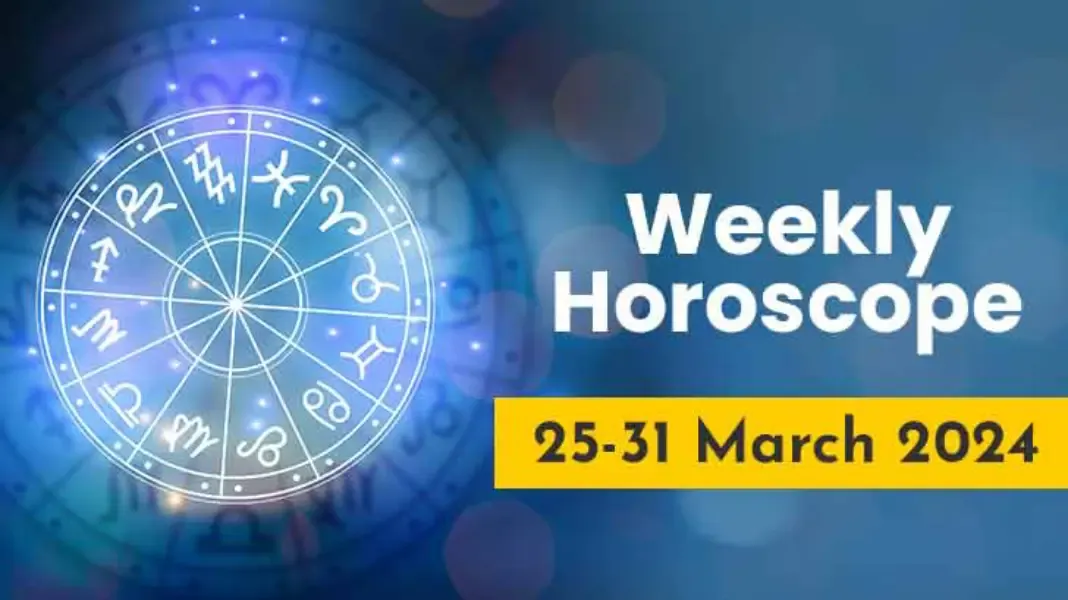The Kick in the Pants: Why I Even Looked at the Stars
Look, I am not typically the guy who grabs the astrology column before the stock market report. My game is systems and concrete results, not nebulous planetary alignment. But April 2024 hit me like a train. I had three major deliverables stacked up, and my whole team seemed to be running on fumes. I was already doing 10-hour days just trying to keep the wheels from falling off the project. Then my partner—she’s the Virgo in the house, always checking her signs—she shoved the printout right under my nose.
The headline for Virgo career stuff was something dramatic about “unforeseen communication turbulence” and “the need for radical prioritization.” Sounded exactly like my Monday, Tuesday, and likely Wednesday. I realized the supposed challenge wasn’t some cosmic curse; it was just a fancy way of saying I was overwhelmed and disorganized. I didn’t care about the planets; I cared that someone finally named the chaos. I realized the biggest problem wasn’t the workload itself, it was filtering the noise and stopping the constant back-and-forth emails that were wasting half my afternoon.
Grabbing the Challenge by the Throat: Designing My Three-Step Triage
I figured if I was going to beat this supposed cosmic challenge and survive the busy week, I needed a system I could actually stick to, even when my brain was mush. I needed something automatic. I pulled out the big whiteboard and mapped out a three-part defense system. It was simple, maybe even crude, but that’s how I get the necessary stuff done.

I started by analyzing where the most time hemorrhaged out of my day. It was always reactive work.
Phase 1: The 9 AM Non-Negotiable Hour
I used to check emails the second I sat down. Terrible habit. I decided I would dedicate the first 60 minutes of the day to reviewing the absolute critical list—not replying, just scanning and scheduling. I physically turned off the notification sounds on my computer and phone and set a timer. The goal was to identify the three worst fires and make the first move on them before the daily meeting frenzy started. I locked the door if I had to. This hour was sacred, dedicated only to the highest leverage actions. No calls, no chats, just deep work initiation.
Phase 2: Mandatory Message Condensation Protocol
This was aimed squarely at that “communication turbulence” the horoscope harped on. I noticed most of my team’s internal communication was long, rambling, and vague. I didn’t have time to decipher riddles. I implemented a hard rule for internal messaging, be it Slack or email. Every request had to start with a summary, max three lines, outlining three critical points. If they couldn’t summarize it in three lines, they hadn’t thought about it hard enough.
- Need: What exactly do you want me to do or decide?
- Impact: Why does this need attention right now? Is the system burning down or is this future planning?
- Deadline: When is the absolute drop-dead time for a response?
If they sent a wall of text without that three-line summary, I hit them back immediately with just one word: ‘Summary?’ Took some pushback, but they learned fast when they realized I wouldn’t even read the body of the message until the requirements were clear.
Phase 3: The Hard 5 PM Cutoff Enforcement
This was the hardest part, because I’m a terrible workaholic. I needed to prevent the day from bleeding into the night, which only leads to exhaustion and bad decisions. I scheduled a recurring, non-cancelable meeting in my calendar titled “System Shut Down – DO NOT DISTURB.” When 5 PM hit, I didn’t care if I was mid-sentence; I stood up, dumped my remaining notes and unfinished items into a single “Next Day Action” document, and walked out. I didn’t look at it again until 9 AM the next morning. I needed to force decompression to maintain sharpness.
What Happened When I Enforced the Rules
The first two days felt like fighting upstream against the current. People were confused and sometimes annoyed by the strict communication format. My junior staff kept forgetting the summary rule. I stayed firm, though. I learned you can’t gently suggest boundaries; you have to build a brick wall and stand behind it, especially when the stress levels are high.
By Wednesday, things started clicking. Because I wasn’t constantly dipping into replies, my 9 AM hour allowed me to plow through the deep focus work that usually got scattered across the day. The mandatory condensation rule? It actually forced the team members to think their requests through before they bothered me. It wasn’t about saving my time as much as making them responsible for the clarity of their asks, which cut down on the unnecessary back-and-forth by about 30%.
The real surprise was the 5 PM cutoff. When I knew I only had eight hours to complete a task, I stopped wasting time fiddling around with non-essential details. The forced scarcity of time led to brutal, efficient execution. I finished my three big deliverables by Thursday afternoon, leaving Friday clear for unexpected fallout—which, as the horoscope warned, definitely arrived in the form of a major client emergency restructuring. But because I had cleared the deck, I was mentally fresh and ready to handle it without pulling an all-nighter, actually leaving on time Friday.
Did the stars align? Maybe. But what really happened was I stopped reacting and started structuring. Turns out, preparing for a “cosmic challenge” just meant getting serious about basic, militant project management when the pressure hit. Next time my partner shows me an astrological warning, I’m just going to treat it as a mandatory trigger for a systems overhaul. It worked better than any productivity hack I’ve read lately, mostly because I made the rules so hard they were impossible to ignore.







